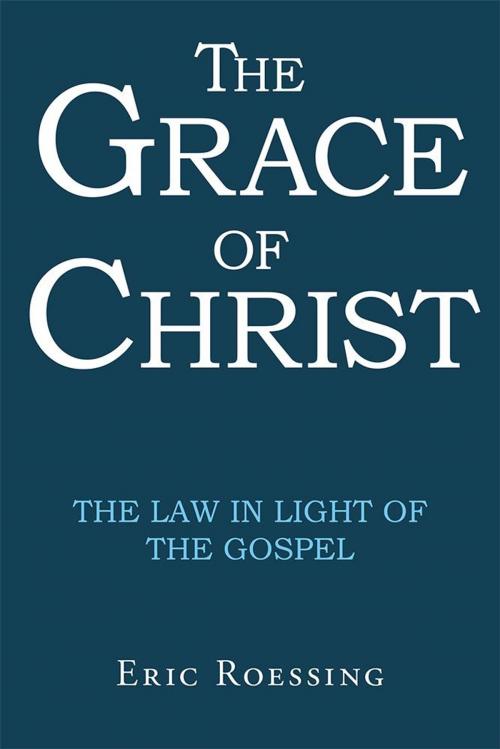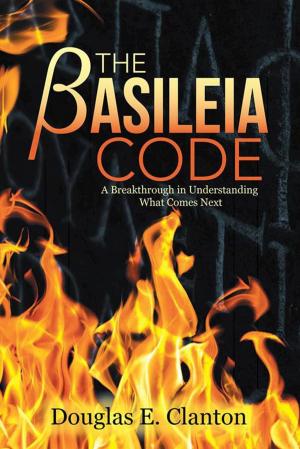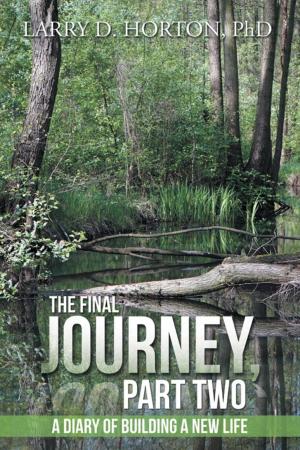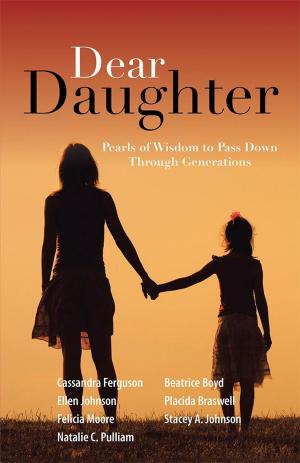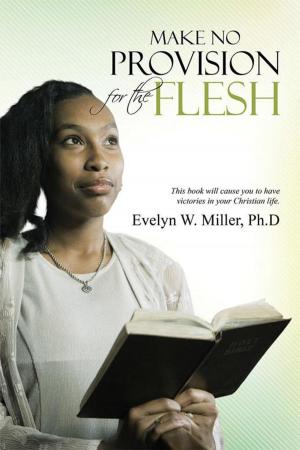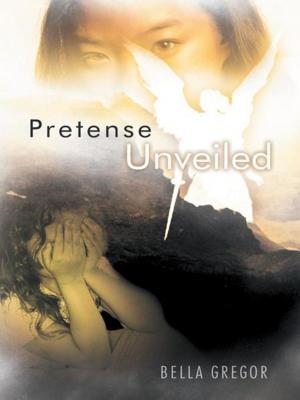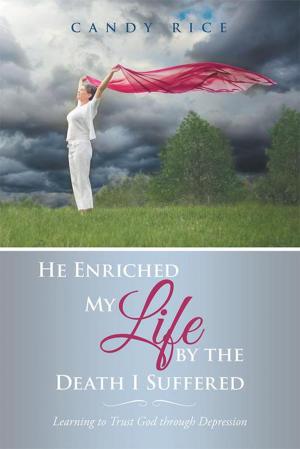The Grace of Christ
The Law in Light of the Gospel
Nonfiction, Religion & Spirituality, Christianity, Christian Life| Author: | Eric Roessing | ISBN: | 9781512736311 |
| Publisher: | WestBow Press | Publication: | July 29, 2016 |
| Imprint: | WestBow Press | Language: | English |
| Author: | Eric Roessing |
| ISBN: | 9781512736311 |
| Publisher: | WestBow Press |
| Publication: | July 29, 2016 |
| Imprint: | WestBow Press |
| Language: | English |
Martin Luther and other Reformers were instruments in Gods hand to recover the gospel in the Holy Scriptures. Nevertheless, it is an irony that, along with the gospel, there was still lawin the sense of law as rule of life, in the teaching of the Reformers. On the issue of the law, even Luther was not as consistent as was Paul the apostle. In The Grace of Christ, the saving righteousness of God which justifies the ungodly in Christ, and frees us from trusting in our righteousness is given its central place, as it is in the gospel of God (Rom. 1:1ff.). At the same time, the new creation in Christ is also given its rightful due. Following the apostles teaching, in terms of what Paul means by both justification and new creation in Christ, The Grace of Christ, like no other book, shows that both of these realities exclude any idea of the law (of Moses) as the rule of life for those in Christ. Paul is not an antinomian. The new creation in Christ is our rule (Gal. 6:15,16). Roessing does not base his position on only this one text, but rather shows how Paul consistently teaches this truth in many places and ways, even though the flesh rejects it. And Roessing is not alone in this view; he is close to that of Gerhard O. Forde, and even closer to that of Wolfhart Pannenberg. But this issue (of the believers rule) is just one of the aspects of grace covered in The Grace of Christ. For those who want to learn something of the depth of the things freely given us by God, The Grace of Christ the law in light of the Gospel, sets forth those things, so that the spiritually hungry will want to behold the grace of God in Christ as he is set forth in these pages, and to return again for more.
Martin Luther and other Reformers were instruments in Gods hand to recover the gospel in the Holy Scriptures. Nevertheless, it is an irony that, along with the gospel, there was still lawin the sense of law as rule of life, in the teaching of the Reformers. On the issue of the law, even Luther was not as consistent as was Paul the apostle. In The Grace of Christ, the saving righteousness of God which justifies the ungodly in Christ, and frees us from trusting in our righteousness is given its central place, as it is in the gospel of God (Rom. 1:1ff.). At the same time, the new creation in Christ is also given its rightful due. Following the apostles teaching, in terms of what Paul means by both justification and new creation in Christ, The Grace of Christ, like no other book, shows that both of these realities exclude any idea of the law (of Moses) as the rule of life for those in Christ. Paul is not an antinomian. The new creation in Christ is our rule (Gal. 6:15,16). Roessing does not base his position on only this one text, but rather shows how Paul consistently teaches this truth in many places and ways, even though the flesh rejects it. And Roessing is not alone in this view; he is close to that of Gerhard O. Forde, and even closer to that of Wolfhart Pannenberg. But this issue (of the believers rule) is just one of the aspects of grace covered in The Grace of Christ. For those who want to learn something of the depth of the things freely given us by God, The Grace of Christ the law in light of the Gospel, sets forth those things, so that the spiritually hungry will want to behold the grace of God in Christ as he is set forth in these pages, and to return again for more.
